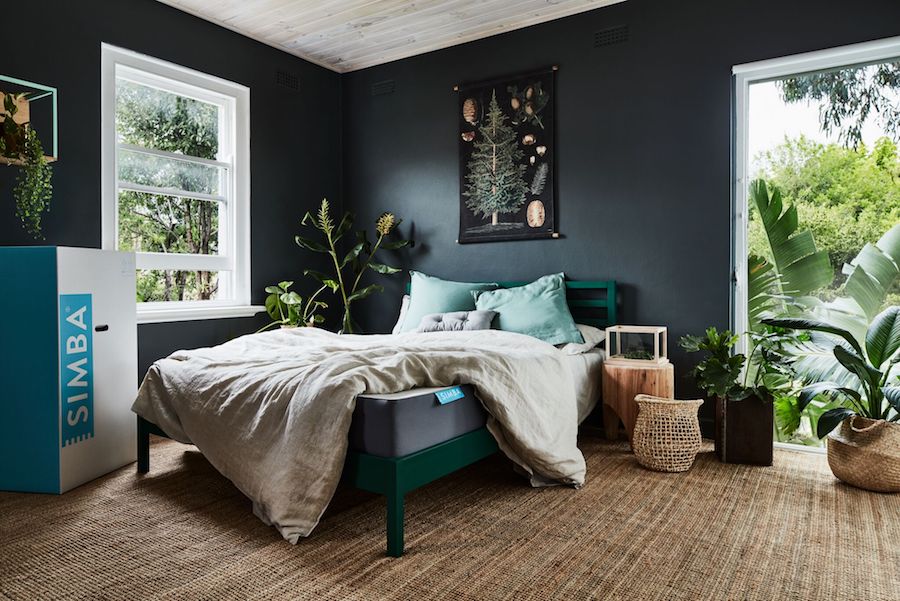Do you need less sleep as you get older?
Sleep is widely considered one of the foundations of good health, and we’ve been repeatedly told the gold standard is a solid eight hours a night. But just as we know that children need far more than that, we’ve come to believe that older sleepers struggle to stay asleep, so must need fewer hours. But is it true?
The short answer is no. The long one, well, that gets a bit more complicated.
In a nutshell, it’s not the amount of sleep we need that changes, but how we sleep.
On the surface of it, it makes little sense that older people are struggling to sleep. Retirement can mean a lot more free time or freedom to organise the day – including the opportunity to nap. But as with most things in life, it’s not that cut and dry. Over 50s generally find it much more difficult to fall asleep, and staying asleep can also be a challenge. In fact, a 2016 study of 62,000 people by RAND Europe showed that 56 to 70-year-olds reported sleeping the fewest hours of all age groups.
The older we get, the earlier we tend to rise, and interruptions during the night are very normal. Excluding the common side effects of ageing, such as pain from medical conditions and the more frequent need to visit the bathroom, much of this can be attributed to two things. The first is a change to our ‘sleep architecture’. During the night we go through different stages of sleep, moving from light to deep sleep. As we age, we spend more time in the ‘light’ phase, which provides different benefits from ‘deep’ sleep. Deep sleep is largely responsible for cell replacement, muscle building and organ cleansing. The second cause is a shift in our circadian rhythms – also known as our body clocks. These rhythms are controlled by light, and as our sensitivity to light decreases with age, so does our body’s ability to decide when it’s time for bed.
In actual fact, people over 60 should be getting almost as much sleep as they did in their thirties. The National Sleep Foundation says that 18 to 64-year-olds should be clocking up between 7 and 9 hours sleep every night, with over 65s aiming for 7 to 8. But more often than not, older people can have a hard time getting anywhere near that due to the way their biology has changed.
Your diet is strongly linked to your sleep quality, so making small adjustments to your eating habits could make your nights better. Cut back on caffeine (especially in the afternoon), avoid heavy meals in the evening, and opt for healthier foods that are rich in magnesium and omega-3. A daytime nap doesn’t hurt either. While they don’t make up for lost sleep, they’re ideal for boosting your mood and alertness. And, it goes without saying that what you’re sleeping on plays a huge role in determining the quality of your sleep. After all, if you’re not comfortable, you’ve got a slim-to-none chance of dozing off. Choosing a mattress can be daunting, but it’s really important to pick the right one for you. The Simba Hybrid® Mattress combines memory foam and springs to provide a perfectly supportive sleep surface.
The bottom line? Age has no bearing on our need for sleep, and the amount of hours shouldn’t drastically change. But unfortunately, a combination of biological and environmental factors play an increasing role in disrupting our slumber once we reach the 50+ bracket. Which makes the need for sleep solutions even greater. So if you’re suffering from insomnia or poor sleep quality, give the above tips a go. If they don’t solve the problem, consult a sleep specialist.
Simba’s scientifically engineered Hybrid® Mattress uses an award-winning combination of 2,500 pocket springs and dreamy memory foam to give you a better night’s sleep. Silversurfers can enjoy £100 off the Hybrid® Mattress using the code SILVERSIMBA100 when shopping at simbasleep.com.





















